Nigeria’s financial inclusion landscape includes both great hope and great challenges. As Africa’s largest economy, Nigeria has the potential to drive consumers toward financial inclusion, yet internal strife and economic instability have made progress uncertain. Nearly nine in 10 Nigerians (88%) live below the poverty line, with research showing that being poor, rural and less educated are all barriers to inclusion. Today, banking leads the way to financial inclusion, with more than one-third of adults (37%) having bank accounts. Fewer than one in a 100 adults (0.6%) have mobile money accounts and barely more (3%) have nonbank financial accounts. After committing to the Maya Declaration, the Nigerian government launched the National Financial Inclusion Strategy in 2012 to reduce the financially excluded to 20% by 2020. Although the goal is ambitious, the strategy reflects its long-term commitment to expanding financial services access and use to underserved populations.
Financial Inclusion
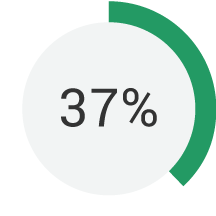
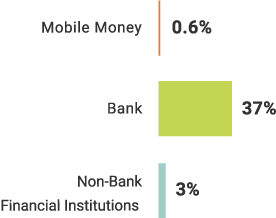

Registered Bank Accounts
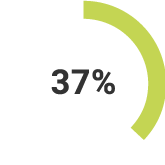
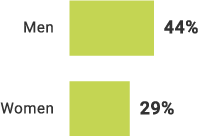
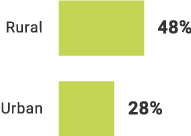
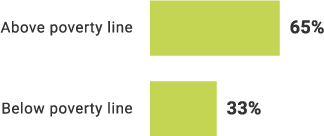
Active Bank Account Use
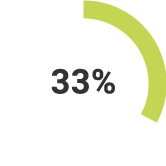
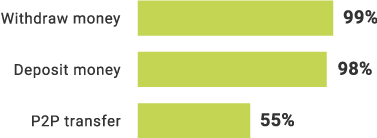
Which mobile money provider is the most well known in Nigeria?
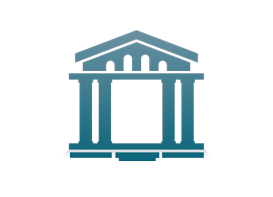
True or false
Banks are the most widely used form of financial services, formal or informal.
Which demographic group is most likely to own a bank account?
True or false
Financial inclusion in Nigeria is primarily through mobile money
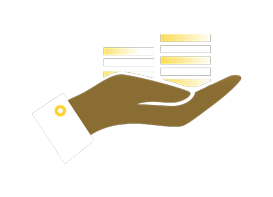
True or false
Nonbank financial services are the second most widely used financial services in Nigeria